Why Are Refined Carbs Bad For You And How To Avoid Them?
The best way to avoid refined carbs is to make healthy and conscious choices.
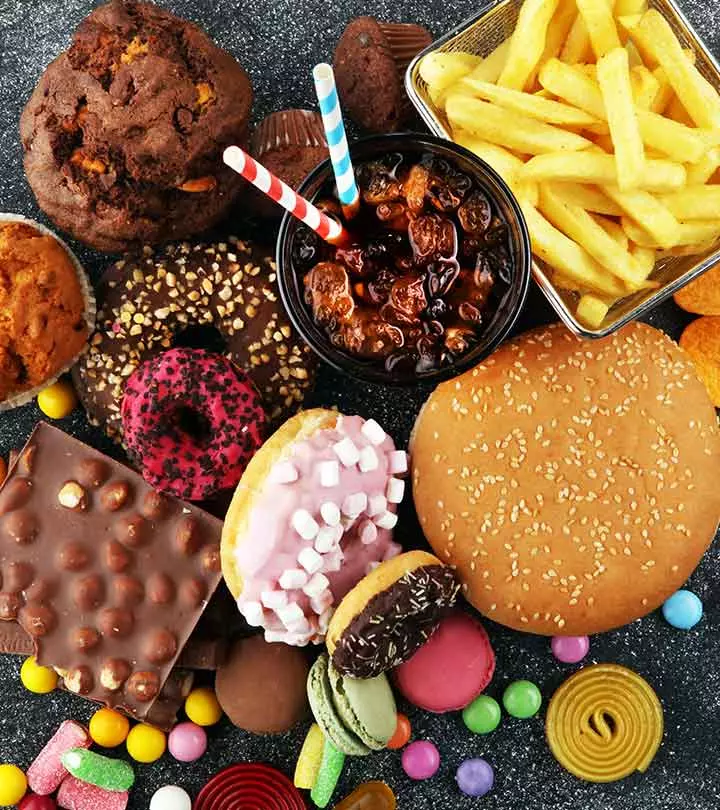
Image: Shutterstock
Refined carbohydrates are simple carbs, which means they get easily digested. This may seem to be a good thing, but it is not. Refined carbs are processed carbs and cause insulin levels to spike in a short time (1). All junk carbs foods, fried foods, snacks, and treats made from refined sugars are loaded with refined carbs. Consumption of excess amounts of refined carbs is linked to obesity, cardiovascular diseasesi A term that refers to health conditions that affect the heart (cardio) and blood vessels (vascular). , diabetes, and PCOSi Polycystic Ovarian Syndrome, a hormonal condition characterized by cysts on the ovary and the excessive production of male hormones. (2), (3), (4). Therefore, it is best to limit or avoid refined carbs. Which foods are high in refined carbs? Read this post to learn about foods containing refined carbs, carbs that are good for you, and many more. Scroll down!
In This Article
What Are Refined Carbs?
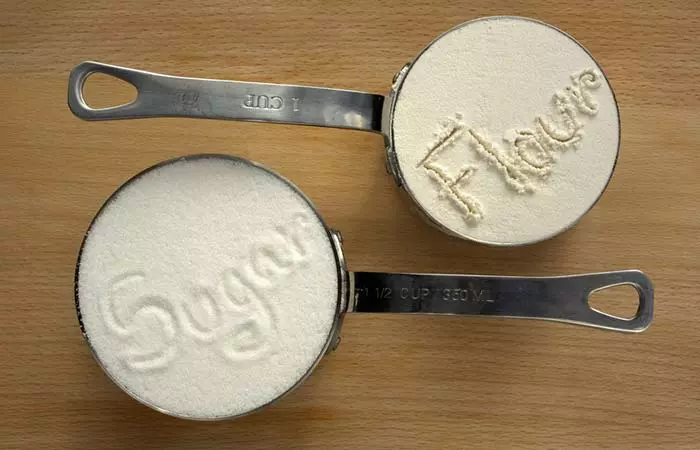
Refined carbs are highly processed foods – which means most of the minerals and vitamins are removed and they have low fiber carbs.
Complex carbs are good or healthy carbs that contain dietary fiber (complex and large molecules) that gets slowly digested and does not cause a quick spike in glucose levels. Whole grains, fruits, and veggies are complex carbs. However, processing (milling and grinding) the healthy carbs reduces the particle size of the carbs and make them get digested and absorbed quickly into the body (5). This process results in a spike in the glucose levels and can lead to many health complications.
Apart from simple and complex carbs, there are two other types. Scroll down to know what they are.
Key Takeaways
- Healthy carbs have a slow digestion rate, and they do not spike sudden blood sugar levels.
- Opt for whole grains, fruits, and veggies over processed meals.
- Refined carbohydrates can lead to inflammation, heart disease, and cancer.
- Avoid having cakes, pastries, and carbonated drinks.
Other Types Of Carbs
As mentioned earlier, simple carbs cause a quick spike in blood sugar, while complex carbs take longer to digest and gradually increase blood sugar levels. There are two other types of carbs as follows (6):
- Dietary Fiber: A type of complex carbohydrate found in plant foods like whole grains, fruits, vegetables, and legumes. Fiber may aid in digestion, promote a feeling of fullness, and support heart health.
- Starch: These are another type of complex carbohydrates that are produced by plants and present in foods like potatoes, wheat, and chickpeas.
Now, before we get to why refined carbs are bad for you, let’s take a look at the list of foods that are sources of refined carbs.

- Refined flour
- Milk powder
- Pasta
- White bread
- White rice
- White sugar
- Breakfast cereals
- Pastries/cakes
- Doughnuts
- Churros
- Wafers and snacks
- Sweets
- Mashed or fried white potatoes
- Soda
- Packaged fruit/vegetable juice
- Soft drinks
- Batter fried foods
- Biscuits
The refined carbs list may make you a little sad, but once you know what these fast foods can do to your body, you’d probably want to avoid or limit consuming them as they are unhealthy carbs. Here’s how refined carbs affect your body and why it is best to avoid them.
Why Are Refined Carbs Bad For You?

Refined carbs are bad for various reasons. Here are some evidence-based reasons you should limit or avoid consuming refined carbs:
Refined Carbs Are Low In Nutrients
As you can tell from the refined carbs foods list, all of them taste good and have a feel-good effect on us
. But these foods are high in calories and have zero nutritional value.
During the processing, the whole grains are stripped of the bran (outermost layer of whole grains) that contains fiber, vitamins, and minerals. The germ is also removed during processing, which contains vitamin B, antioxidantsi Chemical compounds that can prevent the oxidation and release of free radicals in the body, thus preventing cell damage. , phosphorus, magnesium, iron, selenium, and manganese.
So, with the most nutritious part removed from the whole grain, refined carbs are just empty calories that you consume (7).
Refined Carbs Raise Blood Glucose
Refined carbs have no nutritional value. They are high in calories and have a high glycemic index of carbs.
Glycemic index is a number given to a food, depending on how it affects the blood glucose levels (8). Refined carbs tend to raise the blood glucose levels quickly, and they have a short-term effect on satiety.
On the other hand, complex carbs are low glycemic index foods and low in calories and keep you full for a longer duration.
Refined Carbs Make You Diabetic
When the blood glucose levels rise, the beta cells in the pancreas secrete insulin
(8). Insulin helps shuttle the glucose molecules into the cells, where glucose is converted to usable energy.
But when you consume too many refined carbs and keep consuming them in the form of snacks and sugary treats, the blood glucose and insulin levels remain high. Over time, your body develops insulin resistance, i.e., the cells stop recognizing insulin (9). As a result, the blood glucose levels remain high. The cells are devoid of glucose, making you lethargic and hungry all day long.
So, you consume food, but to no effect as your blood glucose levels soar high. The end result – obesity, diabetes, and PCOS (10), (11). Following a balanced diabetes diet can help manage blood sugar levels and prevent insulin resistance from worsening.
Refined Carbs Cause Obesity
Refined carbs get digested and absorbed into the body easily and quickly. As a result, you tend to feel hungry quickly, which can make you prone to binge eating (12). Though you “feel” you are hungry, your body actually has more glucose in store than the energy it needs to perform normal body functions. So, the extra glucose is stored in the body as fat.
Scientists have also found that consuming too many refined and simple carbs causes inflammation in the body. Simple and refined carbs tend to stimulate triglyceridesi A type of lipid found in the blood. Excess calories are converted into triglycerides. It is the primary energy source of the body. -forming enzymes, and the fat cells release free fatty acids that activate the inflammatory signaling pathways (13). When your body is constantly under stress with high levels of inflammation, it stores calories you consume in foods as fat.
Maddie Rose, a blogger, shares her experience of losing weight by cutting all carbs from her diet: “After the first couple of weeks of going low carb, I was stoked about the weight loss but put it down to water weight (i).” She adds, “By the two-month mark of my new low-carb lifestyle, I’d lost 10 kgs.”
Refined Carbs Cause Belly Fat
The more you consume refined carbs, the more the chances that you will accumulate fat in your belly region. It is one of the most dangerous types of fat and is tough to get rid of.
Many studies have established that long-term consumption of excessive refined carbs can increase stress levels, causing fat molecules to get accumulated in the visceral cavityi Abdominal and pelvic cavities together form the visceral cavity. It comprises the stomach, liver, spleen, and intestines. (14), (15).
Refined Carbs Increase The Risk Of Heart Disease
Refined carbs get digested and absorbed easily, making you overeat. Your body starts to store the excess glucose as fat, and the triglyceride levels also shoot up. If you do not keep a check on your refined carb intake, you will be at the risk of fatal heart disease.
Scientists found that people who consumed whole grains were at lower risk of heart disease than people who consumed refined carbs (16).
Refined Carbs Cause Gut Problems
The good gut bacteria help in digestion, and they feed on dietary fiber found in food sources of complex carbs. But refined carbs have no dietary fiber.
Being on a high-refined carb diet can reduce the number and variety of good gut bacteria, which can affect digestion and cause constipation (17).
Refined Carbs Intake May Cause Cancer
Being on a high-refined carb diet may increase the risk of cancer (18), (19). Refined carbs are closely related to obesity caused by inflammation in the body.
When your body is in a constant state of inflammation, your body’s stress levels go up. And this may trigger DNA mutationi Change in the organism's genetic structure due to an error in the nucleic acid sequence of the genome. , leading to the production of proteins that may cause cancer.
It is clear that refined carbs are potentially dangerous for you and are one of the main reasons for the obesity epidemici A widespread disease outbreak that spreads quickly and impacts many individuals in a population in a short period. and many other related health issues. The best way to tackle this problem is to replace the refined carbs with good carbs and nutrient-dense foods. Here’s how you can do that.
How To Eliminate Refined Carbs From Your Diet

The best way to eliminate refined carbs from your diet is to make healthy and conscious choices. Here’s a table of healthy foods that you can choose instead of refined carbs.
| Instead Of These | Choose These |
| Refined flour | Whole wheat flour, ragi flour, mixed whole grain flour |
| White rice | Brown rice, red rice, black rice, cauliflower rice |
| Regular pasta | Wheat pasta, zoodles, beetroot pasta/noodles, squash spaghetti |
| Sugary breakfast cereals | Oats |
| Instant oats | Rolled oats or steel-cut oats |
| Refined sugar | Jaggery, organic honey, organic maple syrup |
| White potato | Sweet potato |
| Fried snack | Baked, homemade wafers, cutlets |
| Deep fried/batter fried chicken | Homemade, baked goods or grilled chicken |
| Sugary treats | 80% dark chocolate |
| Potato wafers | Popcorn, kale chips, beetroot chips |
| Nachos | Veggies with dip |
Meal Prep Strategies
Preparing your meals in advance is a good and convenient way to eliminate refined carbohydrates. The temptation of fast, refined carb meals can be avoided by planning meals ahead of time with complete, unprocessed products. Consider creating a lot of nutritious recipes and putting them in the fridge for the week. This method not only helps you achieve your dietary objectives and saves time, but it also ensures that you have wholesome options at your fingertips.
It’s not tough to get rid of the bad carbs from your diet. Here’s another list of foods containing good carbs that you can consume.
 Quick Tip
Quick TipSources Of Good Carbs
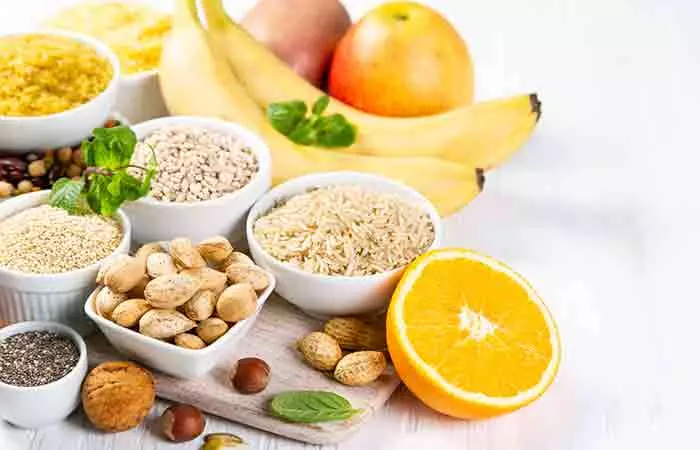
- Fruits
- Veggies
- Nuts
- Freshly pressed fruit/vegetable juice (without sugar)
- Whole grains
- Homemade salads
- Wheat pasta
- Rolled oats
- Quinoa, amaranth
- Popcorn
 Quick Tip
Quick TipInfographic: 5 Ways Refined Carbs Affect Your Health
Your favorite junk foods might be tasty, but they are rich in refined carbs that are not good for your health in the long run. It is best to avoid or reduce their consumption to prevent developing diseases and improve your overall health. Check out the following infographic to know how refined carbs affect your body.

Illustration: StyleCraze Design Team
Refined carbs do not contain any nutritional value. They are not good for health as they cause an insulin surge in a short period. These carbs can be found in refined white flour, pasta, milk powder, and white bread. The above-mentioned refined carbs list will further help you understand which foods to avoid. Making healthy and conscientious decisions is the greatest method to eliminate refined carbs from your diet. Reduce your intake of processed foods and addiction to processed carbohydrates. Over time, you will be able to avoid refined carbs fully and not even crave them. Begin today by giving your body the nourishment it requires and deserves.
Frequently Asked Questions
Are bananas high in carbs?
Yes, bananas provide many healthy nutrients along with being a good source of naturally-occurring simple carbohydrates and sugar.
What are clean carbs?
Clean carbs are naturally found sources of “whole” carbohydrates which are unrefined and beneficial for your digestive system.
Is Oatmeal A Refined Carb?
If you make oatmeal at home, you don’t have to worry about anything. However, eating instant-flavored muesli is not recommended because it usually has sugary flavors, and added sugars are classified as refined carbohydrates.
Are potatoes bad carbs?
Potatoes have healthy carbohydrates that provide our bodies with energy. Additionally, they contain potassium and vitamin B6. So, potatoes are not bad carbs, unless they are consumed in an unhealthy way, such as frying.
Is bacon high in carbs?
Three grams of protein and no carbohydrates can be found in one slice of bacon. It is a food with low carbs and a low glycemic index, making it perfect for low-carb diets.
Does peanut butter have carbs?
Yes, peanut butter does contain carbs. 100 grams of pure peanut butter only contains 20 grams of carbohydrates, making it a great choice for a low-carb diet.
What are the differences between refined and unrefined carbs?
Unrefined carbs are minimally processed, they contain more fiber, minerals, and vitamins as compared to refined carbs which are heavily processed and lack the amount of nutrients.
Are there any hidden sources of refined carbs in my diet?
White flour, white rice, pastries, sodas, pasta, breakfast cereals, and added sugars are the major dietary contributors to refined carbohydrates. Additionally, they are included in a variety of processed foods like store-bought breads and cookies. So, if you are consuming any of these foods, you might be consuming highly refined carbs.
Are there any supplements I can take to help reduce my refined carb intake?
There are no specific supplements to take that will help you reduce your refined carbs intake. All you need to do is, increase your portion size of vegetables and protein and include multigrain bread in your diet. Especially avoid consuming food made with white flour. This is the only method you can reduce your intake of refined carbs.
Learn how to reduce refined carbohydrates in your diet for better health! Take a look at the video below to learn about healthy swaps and simple changes you can make today.
Personal Experience: Source
StyleCraze's articles are interwoven with authentic personal narratives that provide depth and resonance to our content. Below are the sources of the personal accounts referenced in this article.
i. How I Lost 10kg By Cutting Carbshttps://maddierosier.medium.com/how-i-lost-10kg-by-cutting-carbs-e6522a6bd227
References
Articles on StyleCraze are backed by verified information from peer-reviewed and academic research papers, reputed organizations, research institutions, and medical associations to ensure accuracy and relevance. Read our editorial policy to learn more.
- “Carbohydrates and Blood Sugar”, Harvard T.H Chan School of Public Health
- “Starches, Sugars and Obesity”, US National Library of Medicine
- “Increased consumption of refined carbohydrates and the epidemic of type 2 diabetes in the United States: an ecologic assessment”, The American Journal of Clinical Nutrition
- “Markedly increased intake of refined carbohydrates and sugar is associated with the rise of coronary heart disease and diabetes among the Alaskan Inuit”, US National Library of Medicine
- “Are refined carbohydrates worse than saturated fat?”, US National Library of Medicine
- “Grain processing and nutrition.”, US National Library of Medicine
- “Glycemic Index and Glycemic Load”, Oregon State University
- “Insulin and Insulin Resistance”, US National Library of Medicine
- “Etiology of Insulin Resistance”, US National Library of Medicine
- “What causes the insulin resistance underlying obesity?”, US National Library of Medicine
- ““Insulin Resistance and Polycystic Ovary Syndrome.”, US National Library of Medicine
- “High glycemic index foods, overeating, and obesity.”, US National Library of Medicine
- “The Effects of the Combination of a Refined Carbohydrate Diet and Exposure to Hyperoxia in Mice”, US National Library of Medicine
- “Whole- and refined-grain intakes are differentially associated with abdominal visceral and subcutaneous adiposity in healthy adults: the Framingham Heart Study”, US National Library of Medicine
- “A refined high carbohydrate diet is associated with changes in the serotonin pathway and visceral obesity.”, US National Library of Medicine
- “The Association between Carbohydrate-Rich Foods and Risk of Cardiovascular Disease Is Not Modified by Genetic Susceptibility to Dyslipidemia as Determined by 80 Validated Variants”, US National Library of Medicine
- “Effect of diets low and high in refined sugars on gut transit, bile acid metabolism, and bacterial fermentation.”, US National Library of Medicine
- “Consumption of ultra-processed foods and cancer risk: results from NutriNet-Santé prospective cohort”, US National Library of Medicine
- “Carbohydrate intake, obesity, metabolic syndrome and cancer risk? A two-part systematic review and meta-analysis protocol to estimate attributability”, US National Library of Medicine
- “Physiology, Carbohydrates”, US National Library of Medicine
Read full bio of Dr. Jessica Peatross
Read full bio of Ravi Teja Tadimalla
Read full bio of Sindhu Koganti





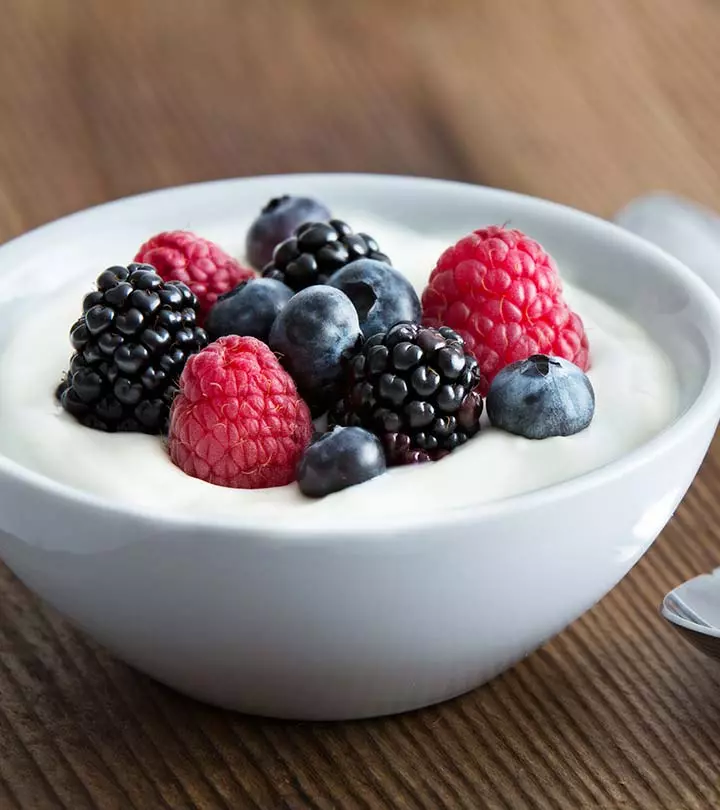




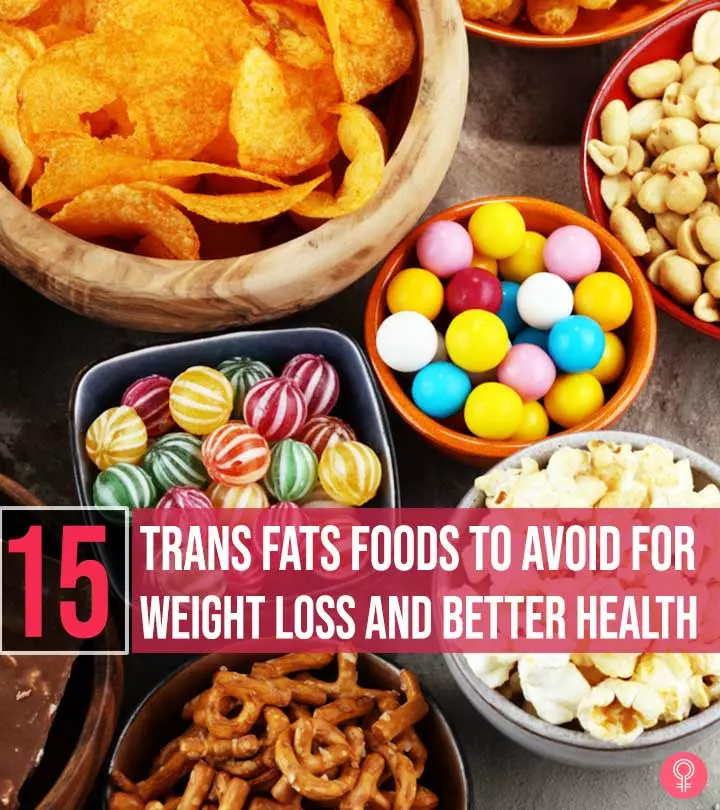
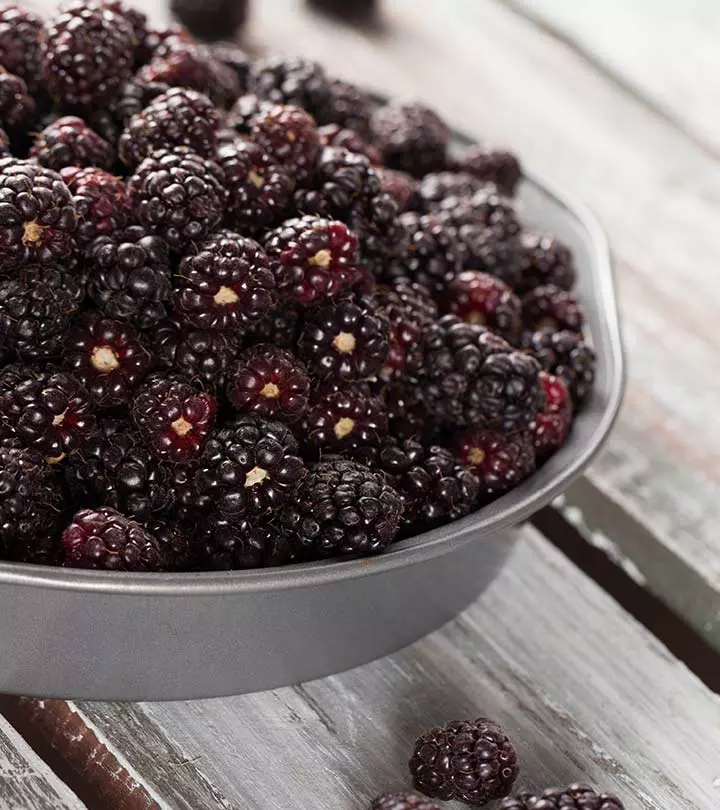
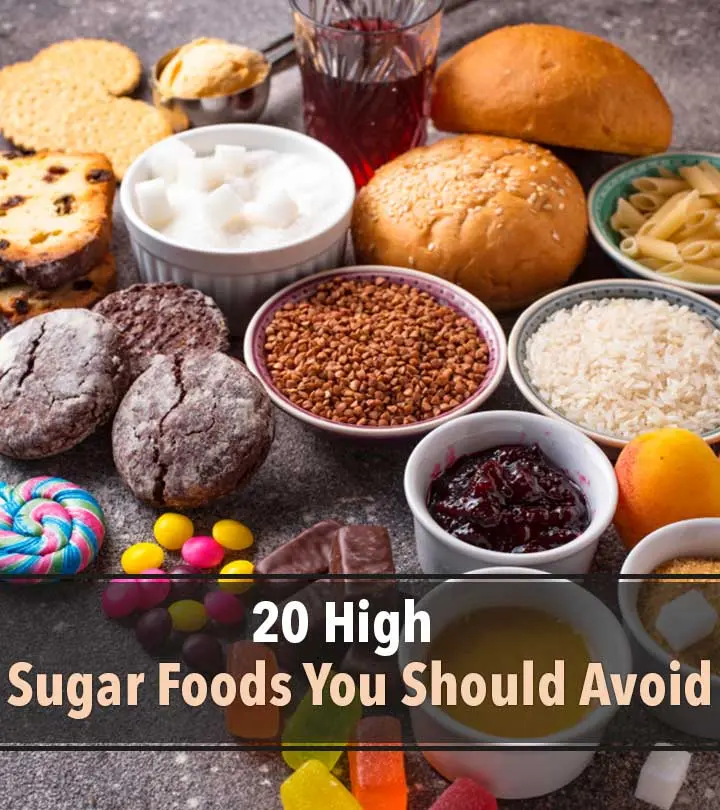
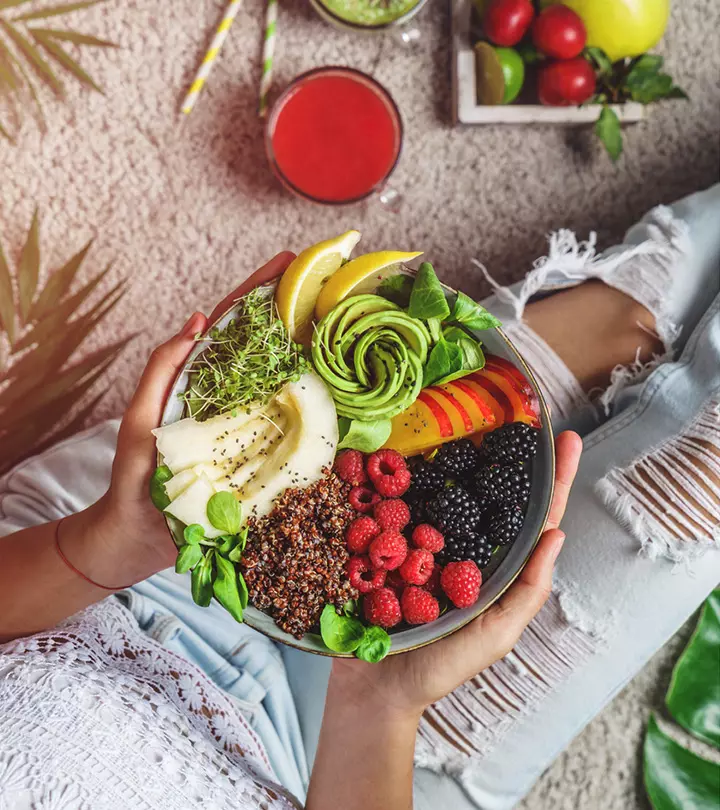
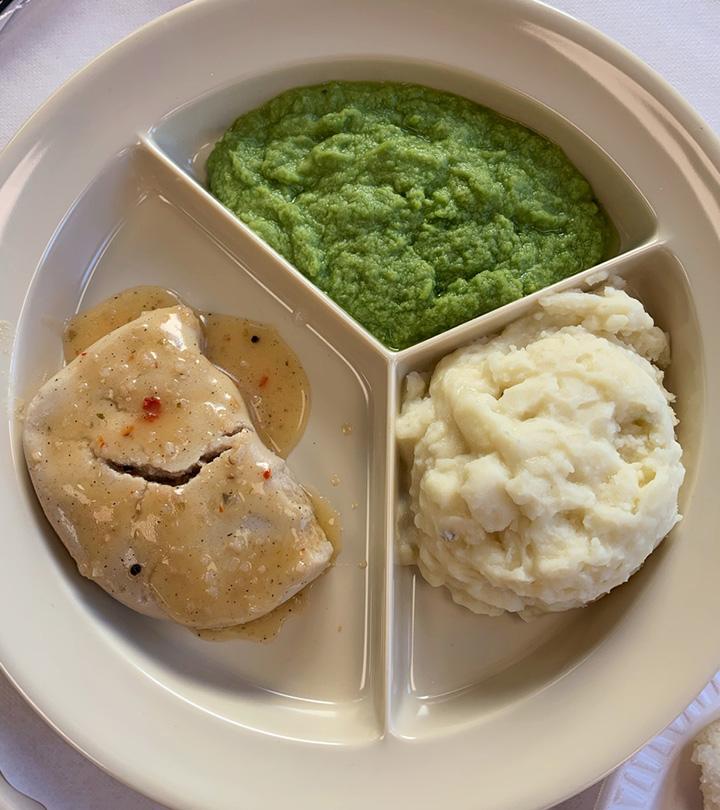

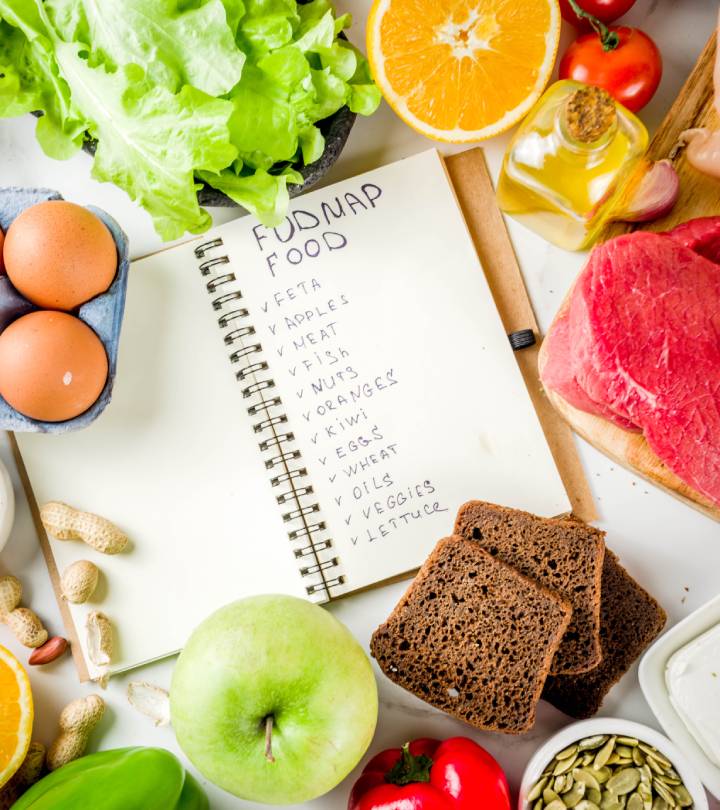

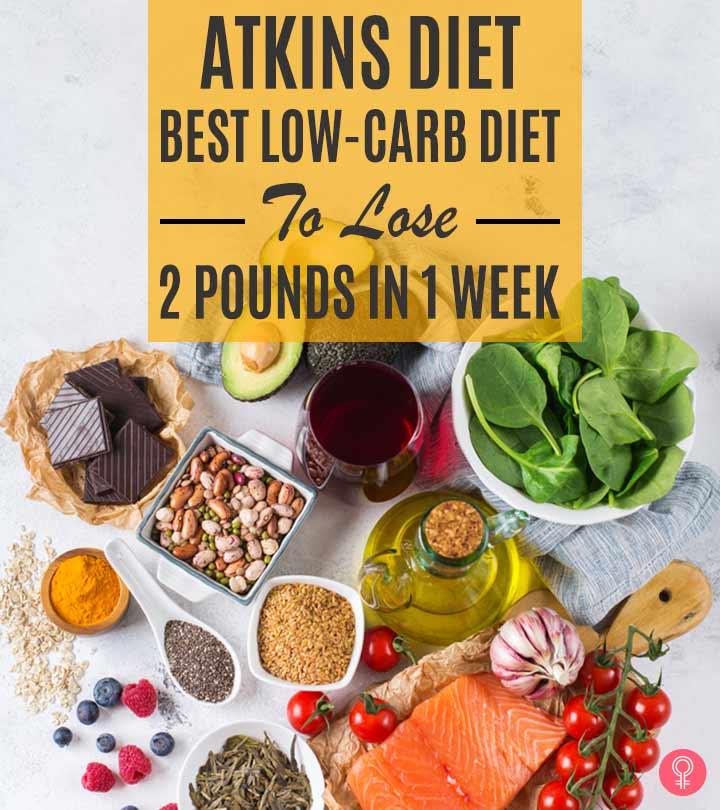

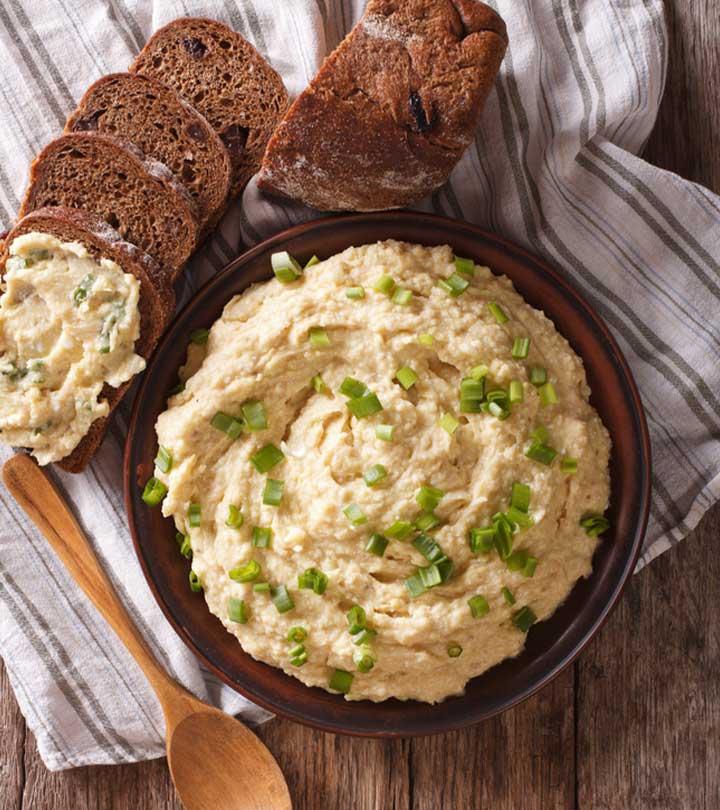
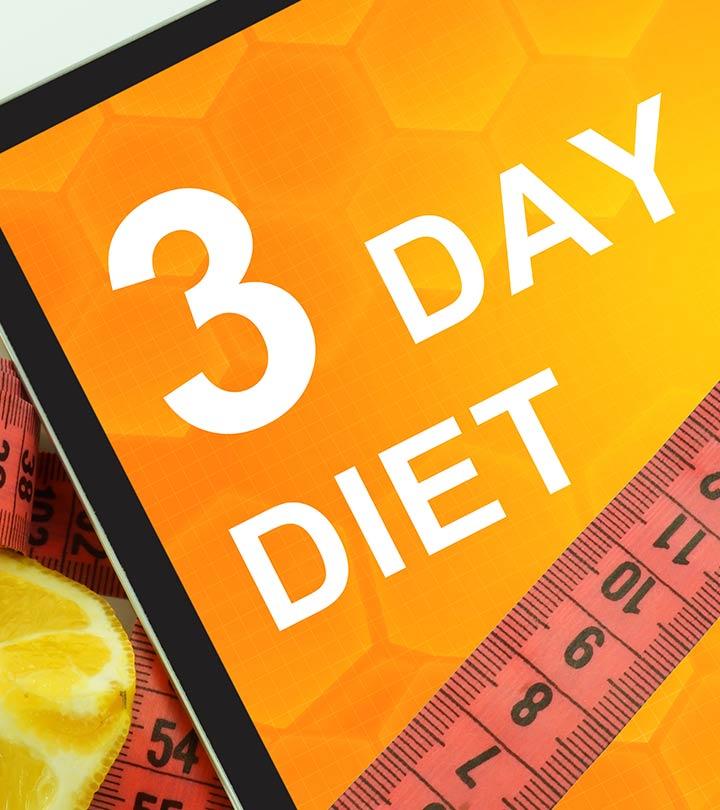
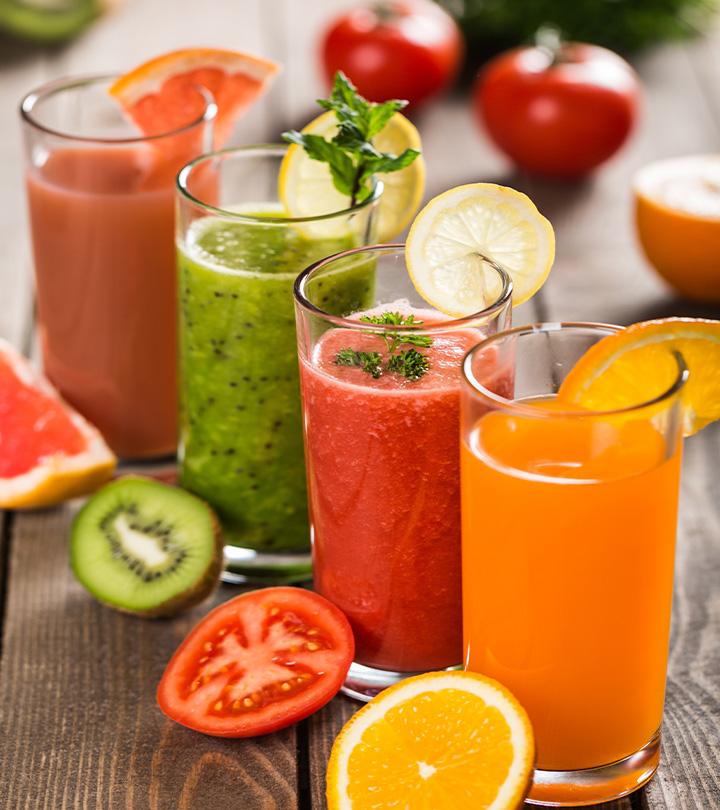

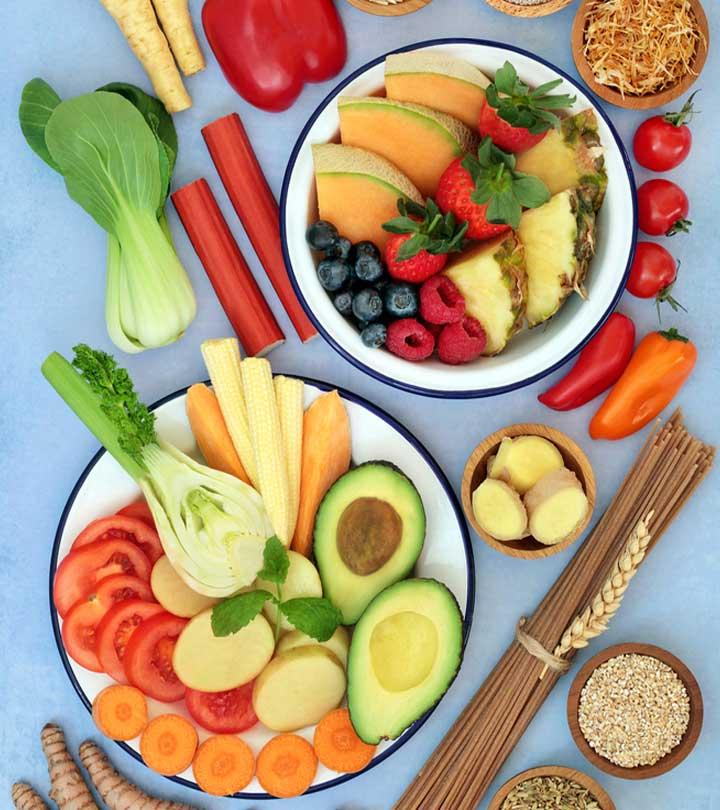

Community Experiences
Join the conversation and become a part of our empowering community! Share your stories, experiences, and insights to connect with other beauty, lifestyle, and health enthusiasts.